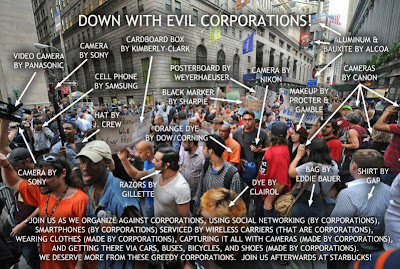Beware committees, conferences and leagues of intellectuals
When I first began to post on Paul Johnson’s excellent book on secular intellectuals, I thought I would post a little here and a little there on each of the figures he chronicles. But what I discovered was that to do so would be to sound like a broken record. The personal circumstances and the extent of the influence of each person he describes vary, but the ideals to which they were committed being the same, their character and behavior were for the most part identical. So rather than making as many posts as a full review would require, let me simply quote Johnson’s own summary. We are now at the end of our enquiry. It is just about two hundred years since the secular intellectuals began to replace the old clerisy as the guides and mentors of mankind. We have looked at a number of individual cases of those who sought to counsel humanity. We have examined their moral and judgmental qualifications for this task. In particular, we have examined their attitude to truth, the way in w...


